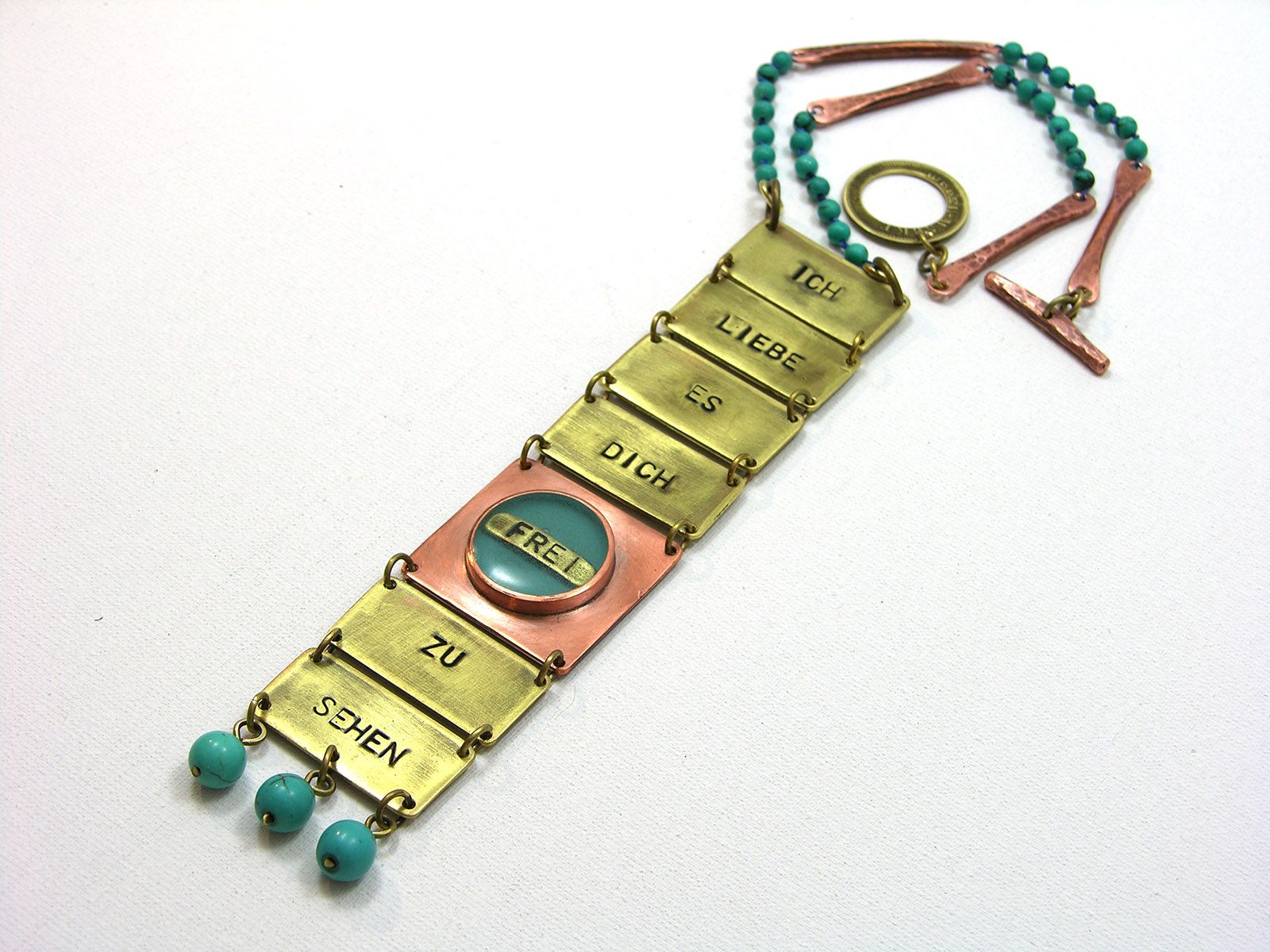
Outside Italy, the supply overflowing, as it were from a wellingĪre you seeing the parallels with the climate change emergency? Much of it that there was a surplus left over for the use of people The sea with ships and the markets with grain. So, with good fortune assisting his own daring and energy, he filled Himself and ordered them to weigh anchor, shouting out to them: 'We have to sail, we do not have to live.'

The story goes: "TheĬaptains of the ships were reluctant to set sail. Plutarch attributed it to Pompey ( Gnaeus Pompeius Magnus) who in 56 B.C., when he was ready to set out on his voyage home to Rome from Africa, faced a huge storm on the sea. When I saw that saying yesterday, it resonated with me right away, before I even understood it. In her tumultuous life, it was probably useful to be able to hold on, as a sailor might hold on to a floating spar, to a motto such as “ Navigare necesse est” or “ Je responderay."Navigare Necesse Est, Vivere Non Necesse" Although she had always told stories: I think of her telling stories to Finch-Hatton, when he would come to her farm after leading a safari creating characters and plots for her lover, like a more fortunate Scheherazade. That was when she started writing her Seven Gothic Tales. In her essay, Dinesen writes about losing the farm in Africa, about the death of Finch-Hatton in an airplane crash. The person who can hear you and respond to you, that is a precious thing. I think she’s right I’ve had many conversations in my life that were double monologues. And how, then, can you yourself go on speaking?”

A conversation or a correspondence with such persons is nothing but a double monologue you may stroke them or you may strike them, you will get no more echo from them than from a block of wood. There are many highly intelligent people who have no answer at all in them. For an answer is a rarer thing than is generally imagined. “The first of these was its high valuation of the idea of the answer in itself. The device was meaningful and dear to me for many reasons, two in particular. He generously made me a present of it and even had a seal cut for me, with the words carved on it. “I liked this old motto so much that I asked Denys, an earlier pioneer in African than myself although all we settlers who had come out before the war looked upon ourselves as one family, a kind of Mayflower people if I might have it for my own. When Dinesen was in Africa, she took as her motto “ Je responderay,” “I will answer,” from the family crest of her lover, Denys Finch-Hatton. And we do steal, don’t we? Not material possessions, but the expressions on people’s faces, place names, particular slants of light, even lines from other writers.) But thieves are outsiders who observe society, and in that way, writers are also like thieves. (Thieves: I have never stolen anything in my life. When I’ve met people who have later become close friends, I have almost immediately known that they were somehow, underneath, like me. Which I take to mean that people who are in some sense fundamentally alike, not on the surface but underneath, recognize and respond to each other. They recognize each other without question.” “When two thieves meet, they need no introduction. The power, whether natural or supernatural, that creates our fates, that gives shape and purpose to our lives, that so often allows or does not allow us to set sail.Īnd the third and final quotation is as follows: In other words, all the political powers of the world can command, but they cannot countermand the power of nature itself, or of whatever power lies beyond nature. The next quotation I remember from my book is the following: It was a more elegant way of saying to myself, “For goodness’s sake, just start.” I’ve used this motto several times in my life, to urge myself on to something when I was afraid that I would never actually succeed at it.

It means, literally, “It is necessary to sail, it is not necessary to live.” Meaning, it is necessary to set off, even if you’re not at all sure that you’re ever going to arrive. The first one was from Dinesen, a motto that she chose for herself as a teenager, and it was this: “ Navigare necesse est, vivere non necesse.” Evidently, this is a quotation from Pompey, who used it to urge his sailors on when they refused to set sail on a stormy sea, to bring grain from Africa to Rome. But there are three quotations from it that I remember distinctly. (Which was, I now realize, an activity popular in the nineteenth century, not so much in the twentieth.) I don’t have that book anymore, I don’t know what happened to it. When I was young, a teenager, I had a green book in which I wrote down memorable quotations. And one of my favorite essays is her “On Mottoes of My Life.” If you’ve read any interviews with me, you’ll know that one of my favorite writers is Isak Dinesen.


 0 kommentar(er)
0 kommentar(er)
